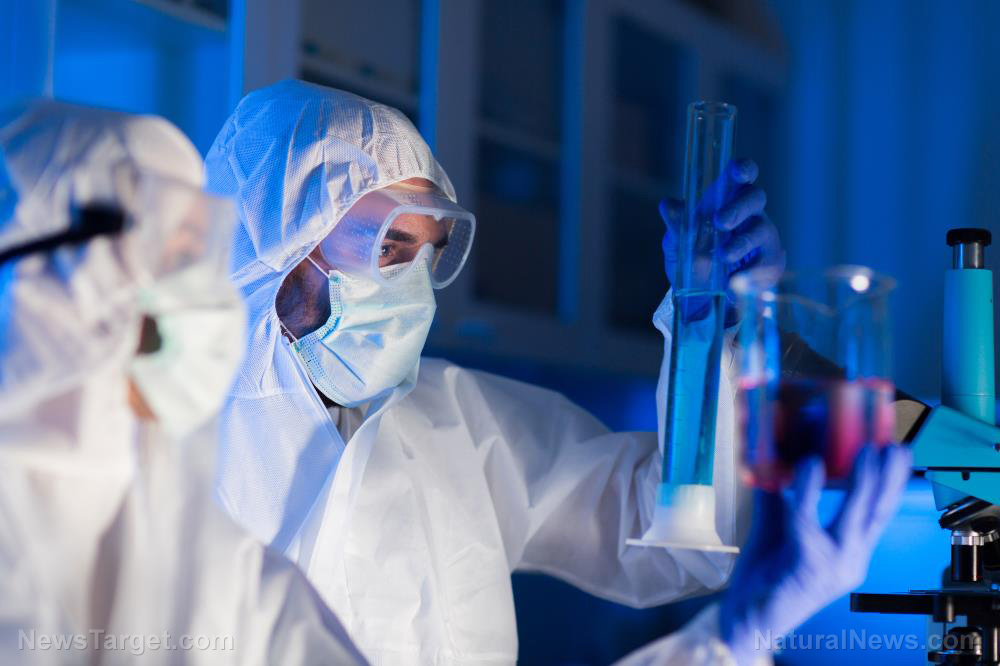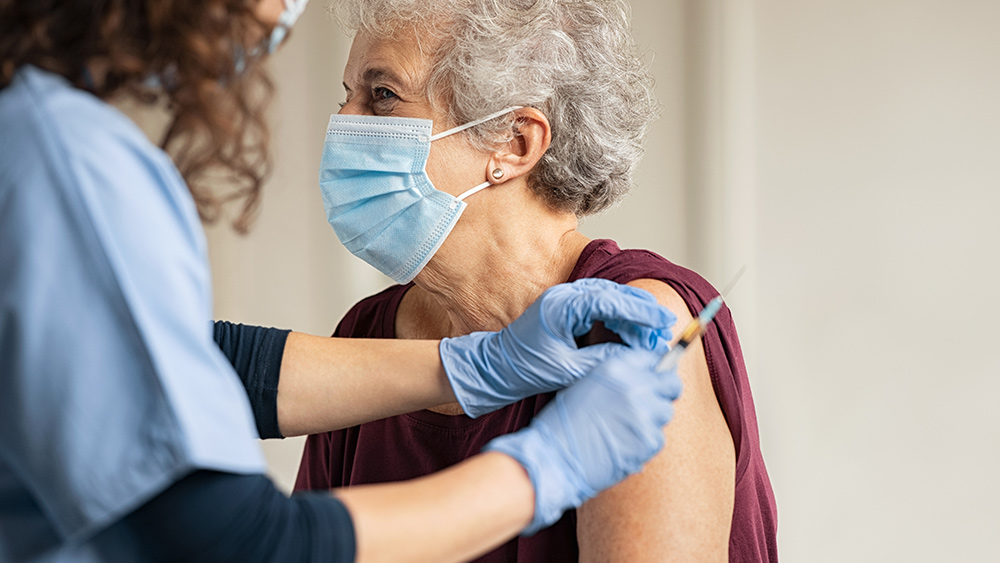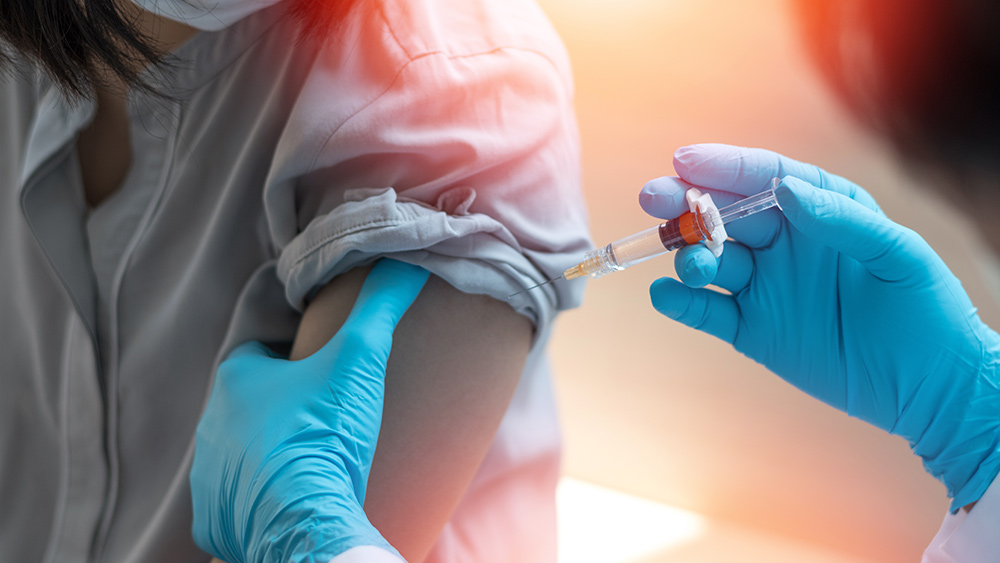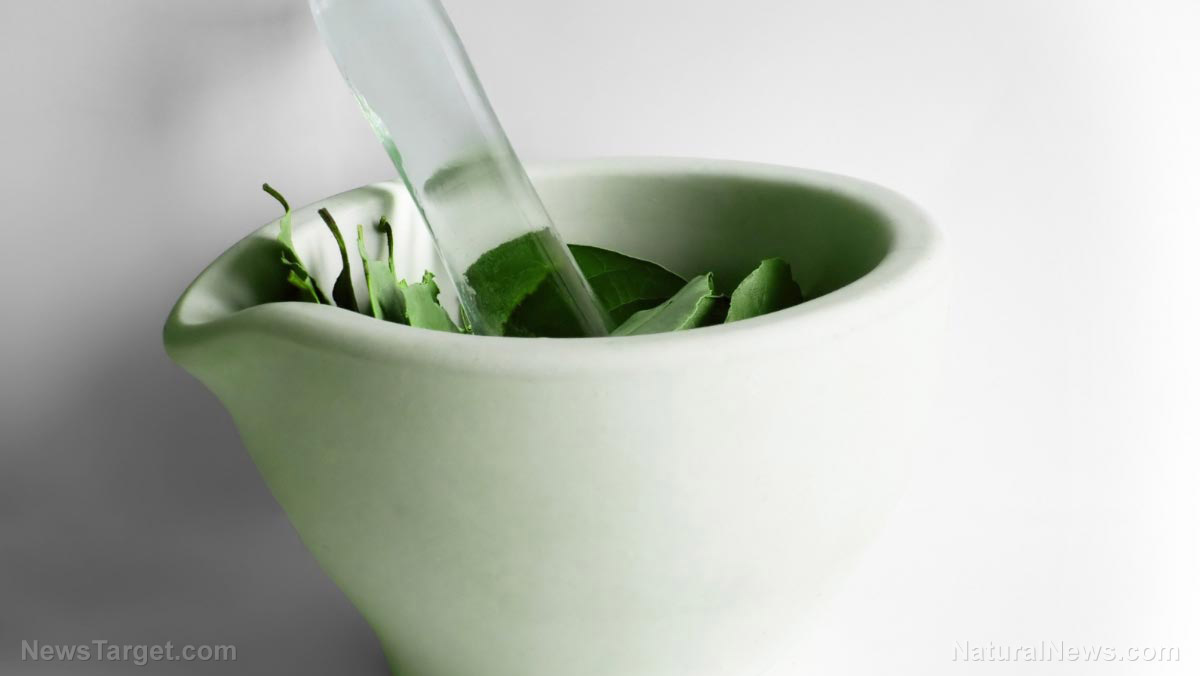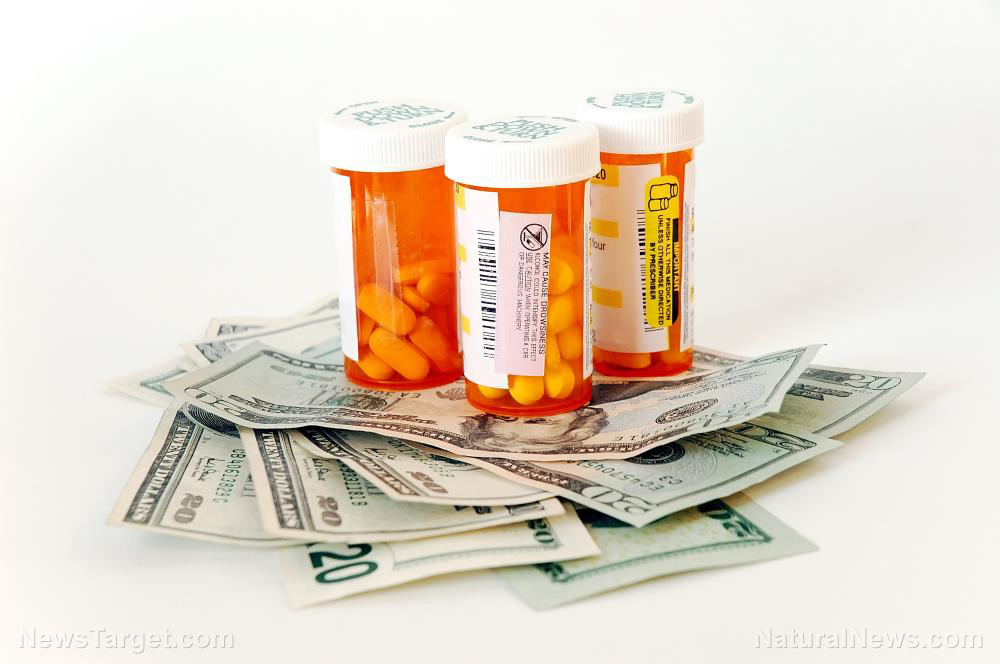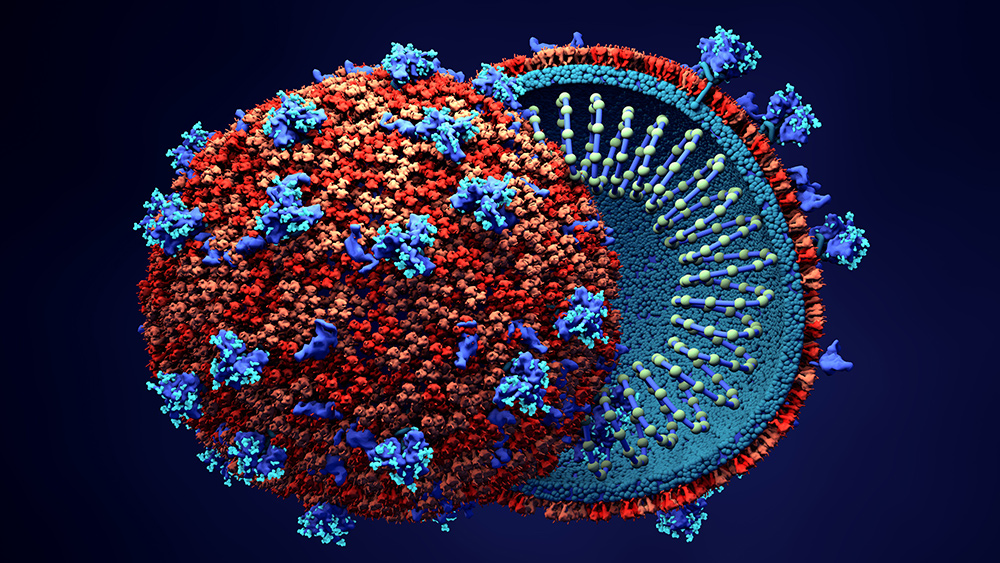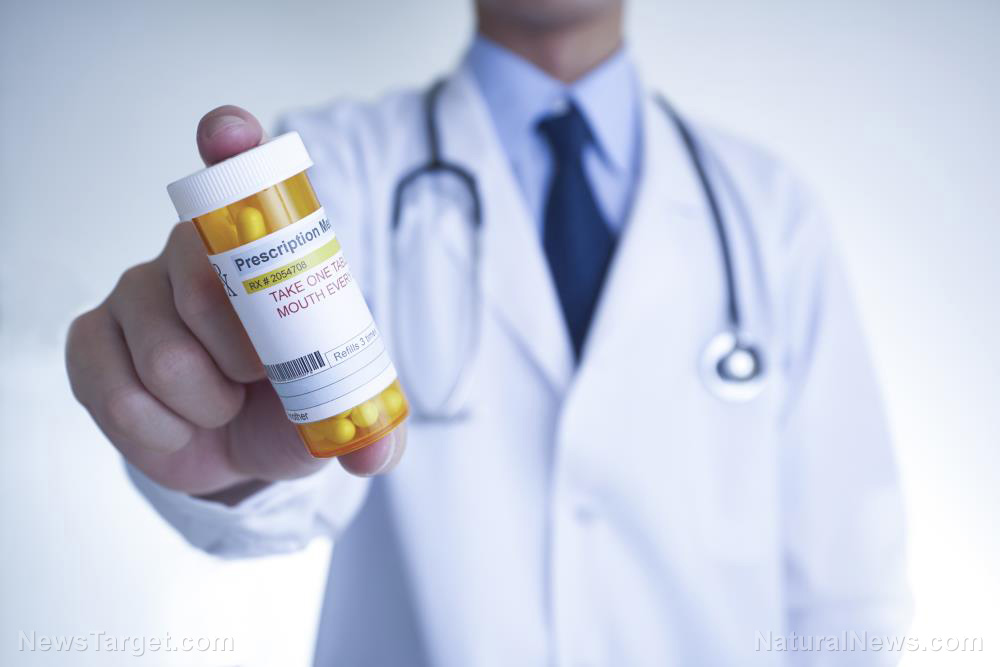At least 80% of people with diabetes also have fatty liver, warns endocrinologist
01/21/2021 / By Virgilio Marin

As an organ the size of a football, the liver plays an outsized role in maintaining good health. It filters out toxins in the bloodstream, breaks down fats, stores nutrients and balances energy metabolism. It also breaks down alcohol in the blood and helps create proteins responsible for blood clotting.
This being said, the effects of an unhealthy liver can ripple through the body and increase your risk of various diseases. Dr. Kenneth Cusi, an endocrinologist at the University of Florida, said that non-alcoholic fatty liver disease (NAFLD) and Type 2 diabetes are closely linked. Cusi found that at least 80 percent of diabetics also have a fatty liver.
“When I was in medical school, people thought obesity-related fat in the liver was an innocent bystander,” Cusi said. “Now endocrinologists are starting to realize this is a problem that hits home.”
Fatty liver disease is frequently undiagnosed
NAFLD is the buildup of extra fat in the liver that is not caused by alcohol. It is normal for the liver to contain some fat. But if more than five to 10 percent of its weight is fat, then it is considered to be a “fatty liver.”
Many studies have shown that NAFLD contributes to diabetes. In a 2011 study, American and Korean researchers concluded that fatty liver strongly predicts the future development of Type 2 diabetes. In a 2007 study, Japanese researchers identified NAFLD as a diabetes risk factor.
The liver plays an important role in regulating blood sugar levels. As one of the glucose reservoirs, it stores excess glucose in the form of glycogen. When the body is running low on energy, it converts glycogen back into glucose to keep the body up and running.
Because the liver plays such a central role, fat buildup in the organ makes it harder to control blood sugar levels. “When you get fatty liver, diabetes is harder to control,” Cusi said.
But many diabetics with a fatty liver are not aware that they have the condition. Cusi said NAFLD is typically undiagnosed due to a lack of awareness among some physicians, as well as the hidden nature of the disease.
Fatty liver often causes no observable symptoms until the disease has progressed into cirrhosis, the late stage of liver scarring. The most reliable way to diagnose it is through a liver biopsy, an invasive and expensive procedure. Other options such as magnetic resonance imaging (MRI) and ultrasound scans are cheaper but less precise. Physical exams and blood tests are wholly inaccurate.
“That’s why it’s so hard for clinicians. Even [patients’] liver enzymes can be normal,” said Cusi.
Obesity an indicator of fatty liver disease
But there is one potential indicator of NAFLD. Cusi recently conducted a study of overweight or obese Latinos and non-Hispanic whites to find out whether Latinos are more likely to develop insulin resistance and liver disease. Past studies showed that this group is more likely to have Type 2 diabetes than most other racial groups.
“Because Hispanics get more Type 2 diabetes, there was a thought that they get more fatty liver disease,” said Cusi.
But the results indicated that ethnicity has little correlation with NAFLD. The most prominent factor was obesity. “It’s not that Hispanics are doomed by genetics; they just tend to have more obesity,” Cusi explained. (Related: Obesity, diabetes, and liver health: Scientists explain the relationship that leads to insulin resistance.)
Because of this finding, Cusi said that losing weight may help reverse fatty liver disease. Shedding five percent of your body weight can sufficiently reduce your liver fat, and just a few more can reduce inflammation associated with insulin resistance.
“If you start losing weight,” Cusi said, “a lot of things get better.”
Learn more about the factors affecting diabetes risk at DiabetesScienceNews.com.
Sources include:
Tagged Under: cirrhosis, diabetes, diabetes risk factor, fatty liver, fight obesity, high blood sugar levels, insulin resistance, liver health, NAFLD, non-alcoholic fatty liver disease, Type 2 Diabetes


